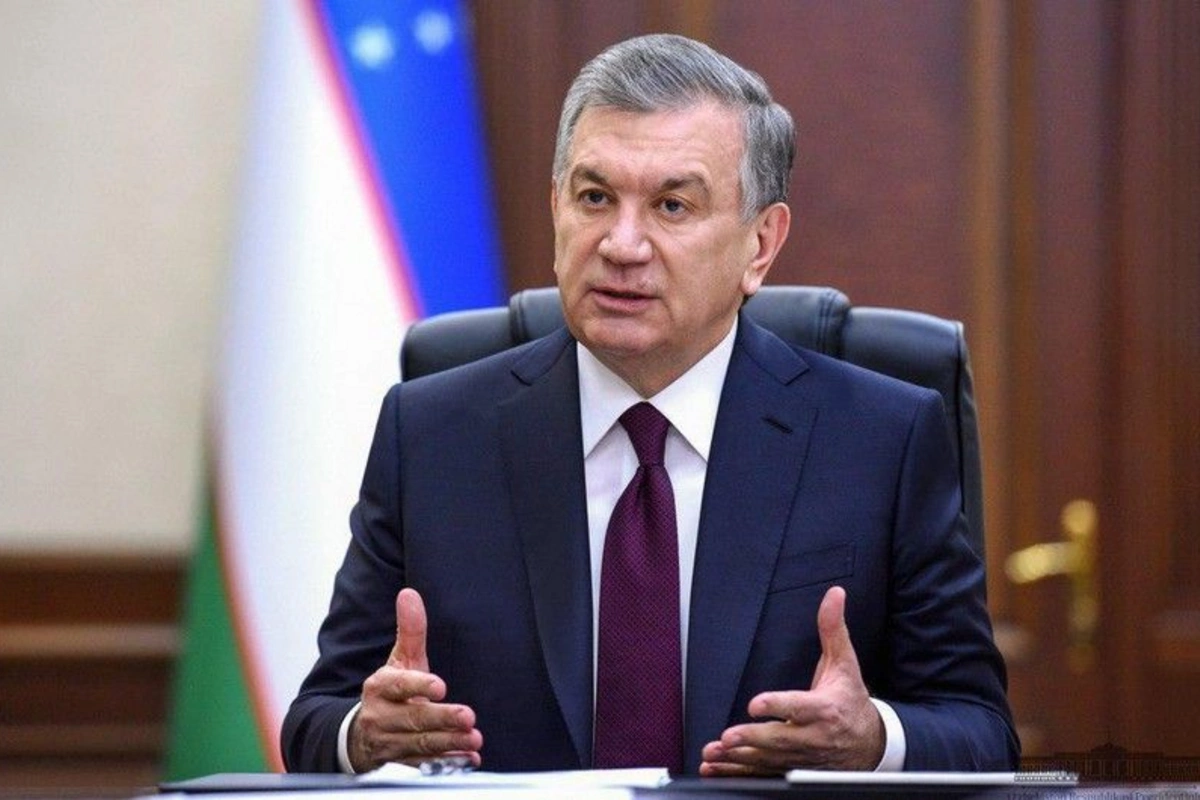
At the COP 29 Summit (Conference of Parties, which are the most important meetings on the international climate agenda), President Mirziyoyev called for global cooperation on climate change
google images
President Shavkat Mirziyoyev of Uzbekistan addressed the Legislative Chamber of the Oliy Majlis, highlighting the importance of environmental protection and the development of a green economy, The Caspian Post reports citing foreign media.
Shavkat Mirziyoyev highlighted the importance of combating climate change and its devastating effects on the environment and public health. This speech takes on particular significance in the aftermath of COP 29. At the COP 29 Summit (Conference of Parties, which are the most important meetings on the international climate agenda), President Mirziyoyev called for global cooperation on climate change. On November 12, 2024, he described climate change as an urgent global threat, calling it a major driver of geopolitical tensions and a direct challenge to sustainable development.
In his speeches, it is clear that the Uzbek president is aware of the severity of climate-related consequences. It is useful to emphasize the term “consequences” because it is not climate change itself that poses a problem to humanity, but rather its dangerous impacts, such as desertification and drought. President Mirziyoyev stressed in his address to the Legislative Chamber of the Oliy Majlis that these consequences must be addressed by tackling the root cause: the burning of fossil fuels. Fossil fuel combustion releases carbon dioxide (CO2) into the atmosphere, which is the primary driver of global warming.
The president also highlighted climate and environmental issues specific to Uzbekistan, such as the Aral Sea disaster, which occurred decades ago. He stated that his government has made the development of the green economy a national priority, supported by a program aimed at improving the ecological conditions in regions suffering from environmental degradation in Uzbekistan.
Another key point in his speech was the importance of regional and international collaboration. He showcased a major initiative taken by Uzbekistan to launch a regional climate strategy, which includes the creation of the Central Asian University for Environmental Studies and Climate Change in the capital.
According to various academic studies, such as that of Shukhrat & Zebo (2023), Uzbekistan plans to increase the share of green energy to 40% by 2030. This goal was confirmed by Energy Minister Zhurabek Mirzamakhmudov during the “Russian Energy Week” forum (Ismailov, September 27, 2024). To achieve this, the Uzbek government is focusing on using efficient and energy-saving technologies in the design, reconstruction, and construction of buildings to enhance energy efficiency (reducing energy consumption per building) and renewable energy projects.
Finally, a key message of the speech was President Mirziyoyev’s proposal to declare 2025 the “Year of Environmental Protection and the Green Economy” in Uzbekistan. This proposal is well-founded, as he outlined the government’s plans, led by the newly elected Prime Minister, to develop a comprehensive state program addressing the major environmental challenges identified for the year. The program will prioritize implementing green technologies, responsible water resource management, significantly increasing green spaces, mitigating the consequences of the Aral Sea disaster, waste management, and, most importantly, improving public health.
Once again, this conclusion is not without foundation. As academic studies show, such as Akhinjanovna’s (2023), the government has prioritized large-scale energy projects in recent years and made significant investments in green energy, including funding for photovoltaic solar power plants. For example, a project financed by the World Bank Group, Abu Dhabi Future Energy Company PJSC (Masdar), and the Uzbek government involves a 250-megawatt (MW) photovoltaic solar power plant with a 63 MW battery energy storage system (BESS) (IFC.org).
In conclusion, the Uzbek government is prioritizing energy transition and investing at all levels (environmental protection, education, building insulation, transition to green energy, cooperation with neighbors, the EU, and internationally) to achieve its climate goals. It would be ideal for all countries to work together to combat global warming, which affects people around the world.
Share on social media